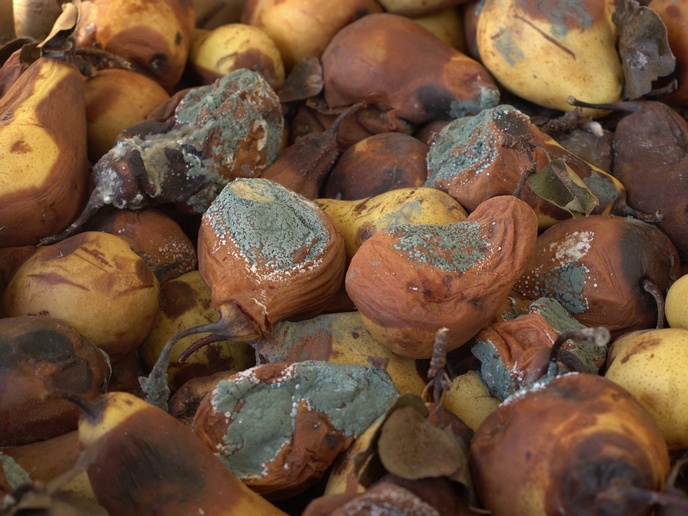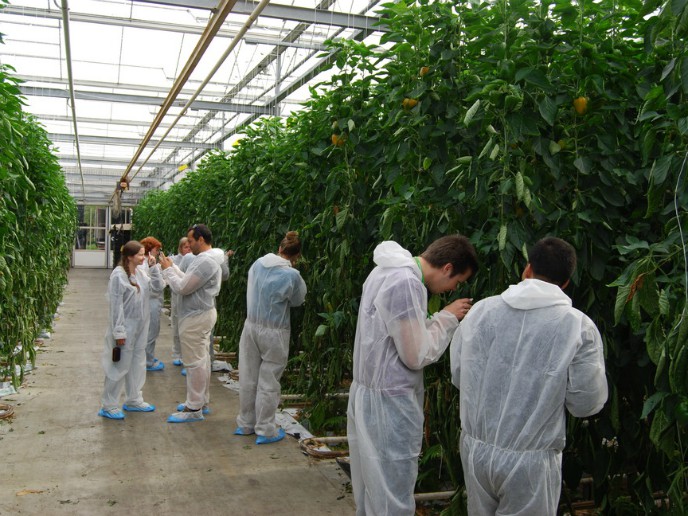New data platform makes certifying food safety faster and easier
People need to know that the food they buy is fit for purpose. However, certifying food safety is a complex process which involves many actors and the exchange of sensitive information. “Issuing a certificate calls for a lot of data, often involving third parties. Food companies may outsource certification of analysis to a lab or need to provide sensitive supply chain information,” says Manos Karvounis, acting project coordinator of TheFSM(opens in new window).
Digitalising food certification
This EU-funded project has built an innovative data platform, based on blockchain technologies, which can give a digital boost to how food is certified in Europe. It aims to make a process – sometimes still carried out using scanners and pieces of paper – faster and more efficient and secure. “This platform sits at the heart of the data exchange, ensuring that the data comes directly from the certification client or third party and is only accessible to the certification body,” explains Karvounis, manager of research and innovation at project leader Agroknow(opens in new window) in Marousi, Greece.
Data can be traced
This set-up allows it to guarantee the integrity, confidentiality and traceability of the data. By basing the system on blockchain, there is no need for a third party to provide these guarantees, making the process of issuing a certificate faster. The team has developed a set of tools which plug into the platform and are aimed at different actors such as AGRIVI(opens in new window) for farmers, and food inspectors for providers of inspection and certification services. FOODAKAI(opens in new window), another tool, helps food processors carry out supplier risk assessments. “Let’s say a food company has a lot of suppliers in its food chain and wants to know if there are food incidents to do with a certain supplier,” explains Karvounis. “This tool allows them to view all food incidents to do with the supplier in question over time and make an informed decision whether to work with them.” “This is the first time a model based on blockchain and a data platform that is secure-by-design have been used in this sector, allowing different use cases and types of app to work together,” Karvounis adds.
Supplier risk assessments in demand
When the tools were tested, the team was surprised by the level of demand for supplier risk assessments. “We were able to attract high-profile companies with very complex supply chains. These companies continued using the platform after the pilot was complete,” Karvounis notes. Agroknow is working with these companies, while another consortium member, TÜV Austria Hellas(opens in new window), is integrating the platform as part of its commercial certification services. The Agroknow team is building on the results of TheFSM in their next project, EFRA. Working with food companies, the project is exploring how extreme data mining, aggregation and analytics can be used to enhance food safety. It is using federated AI learning to train AI models to predict the risks of contamination by pathogens such as salmonella. Using this approach means companies can pool their intelligence without directly exchanging sensitive data.







